Cellulose is a water-insoluble compound, which takes part in the composition of the cell membrane of plants. By itself, cellulose is a very large molecule, which consists of thousands of glucose units linked together by very strong chemical bonds, stronger than those of starch.
Cellulose refers to a group of the fibers which includes, pectin, lignin, gelatin and mucous. Cellulose is the main part of the plant cell. Plant mass comprises 40 to 70% cellulose, in its composition, it has more than half the quantity of carbon in the biosphere.
Cellulose is made up of polymers of D and b-glucose. Degradation of cellulose is important for the carbon cycle in nature.
Cellulose is not degraded by digestive enzymes in the human body, but some enzymes in the gut produce specific enzyme - cellulase which breaks down cellulose to soluble substances which are absorbed in the lower part gastrointestinal tract.
The main function of cellulose is the stimulation of intestinal motility. It has less effect on carbohydrate and lipid metabolism compared to pectin, but at the expense of that, has great influence on the secretory and motor function of the intestine and stomach. Thus cellulose helps in reducing serum lipid /triglyceride and cholesterol/ disruption and normalizes glucose tolerance in subjects with diabetes and insulin resistance.
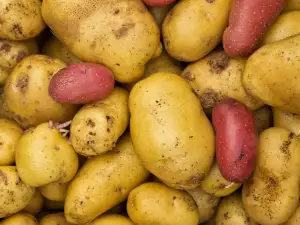
Sources of cellulose
The more gentle is cellulose, the better for the stomach. This is exactly the cellulose in most garden vegetables and potatoes. Pumpkin is a valuable source of nutrients and cellulose. Other such foods are bran, grain foods, beans, lettuce, cabbage, rye and whole wheat bread. Fruits are very rich in cellulose.
In some products that contain cellulose and lactose, it is necessary to maintain a balance in the intestinal flora. These are zucchini, pineapple, papaya, fresh and dried apricots, asparagus, currants, blueberries, broccoli, lettuce, cauliflower and turnips. Through consumption of these products, you will not only get adequate fiber, but will prevent dysbiosis.
Benefits of cellulose
Cellulose is extremely important for the work of the stomach and bowel motor function. It is also important for the circulatory system. Cellulose binds to cholesterol and prevents its absorption in its intestines, and thus to enter into the blood.
Incredible advantage of cellulose is being worked slowly in the body and the products containing it are low calorie - establishes a feeling of fullness without many calories.

The presence of cellulose in food is essential for maintaining optimal health and optimal body weight. It has a mild diuretic action, helping the separation of sodium and water. On the other hand, it is a source of potassium and essential vitamins.
Cellulose rich foods are extremely valuable in combating constipation. This condition is not only unpleasant, but also extremely harmful to the body. By regular consumption of these foods, one increases peristalsis and bowel release.
Dangers of cellulose
Plant cellulose in garden vegetables is tender, but in some cases, irritates the gastrointestinal mucosa. cabbage, cucumbers and lettuce contain more coarse pulp, which can cause unpleasant symptoms - bloating, cramps, gas and increased abdominal pressure. Cellulose rich food is not recommended for certain stomach ailments. If you notice any irritation or bad stomach pain after eating food cellulose, best change your mode of feeding for a few weeks, or consult a doctor.
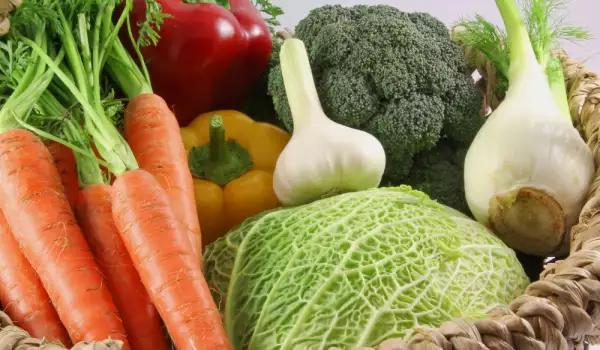








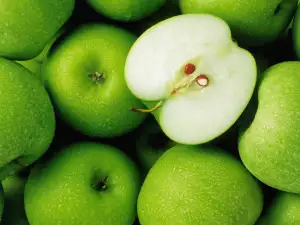
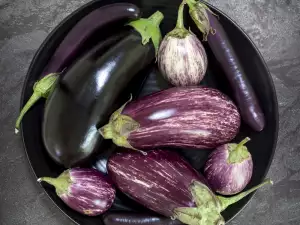
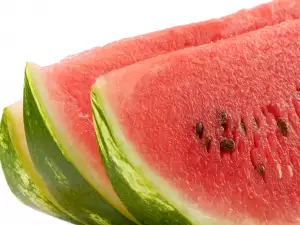
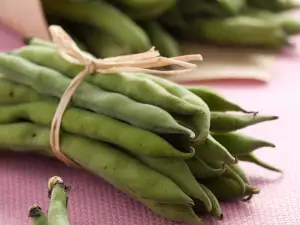



Comments